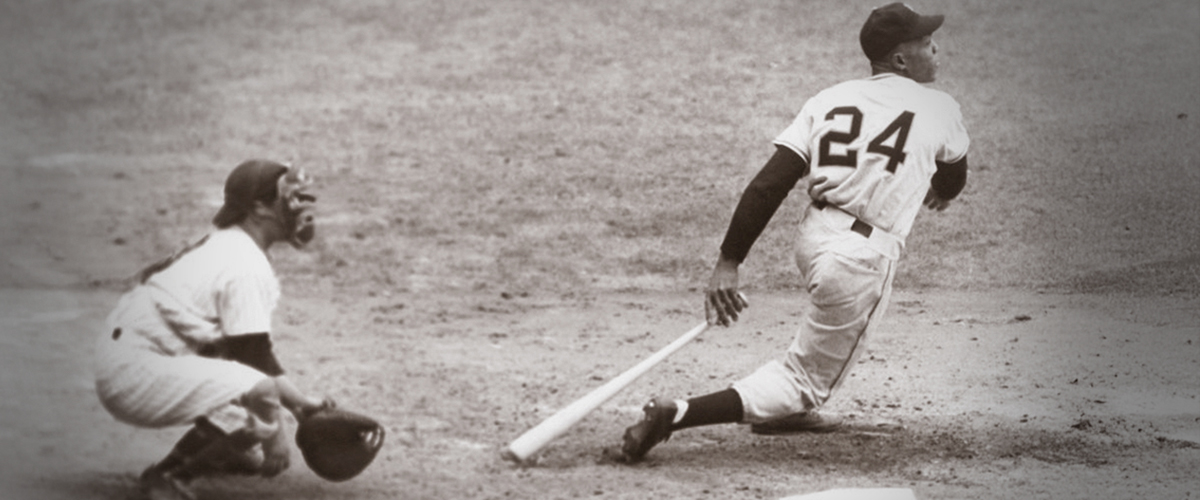A Stanford University study in 1994 revealed that happy people and unhappy people tend to have similar life experiences. It’s not that happy people experience one success after another, and unhappy people experience one failure after another. Their lives are pretty much the same in that respect.
The difference, the study concluded, is that the average unhappy person spends more than twice as much time thinking about unpleasant events in their lives, while happy people tend to think about things that will brighten their personal outlook.
In the book of Philippians, Paul never uses the word happiness, but he does talk about joy, and contentment, and the peace of God which passes all understanding — all of which are yours to experience.
How do you get there?
One key step centers around your thought life.
Finally, brothers and sisters, whatever is true, whatever is noble, whatever is right, whatever is pure, whatever is lovely, whatever is admirable — if anything is excellent or praiseworthy — think about such things. (Philippians 4:8)
For most of us, our life experiences aren’t all that different from the experiences of everyone else. The difference-making difference can be found in how we choose to think about each situation … and, ultimately, how we choose to respond.
What will be the focus of your thoughts today?
© 2017/2025. Today’s memo first appeared at Preaching Library.




